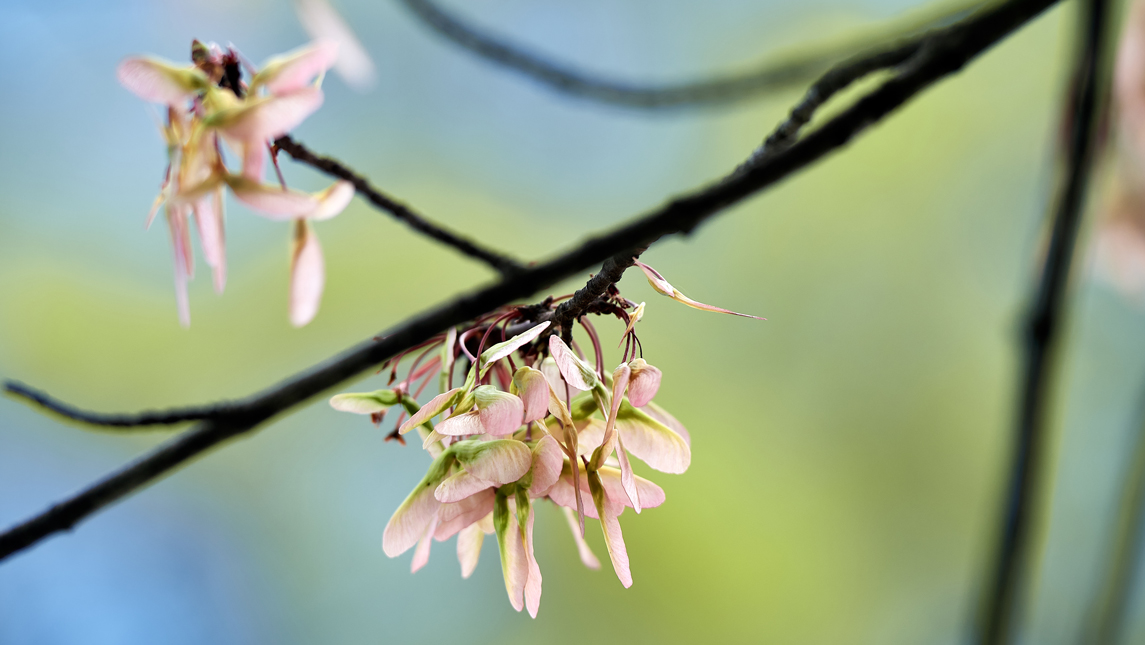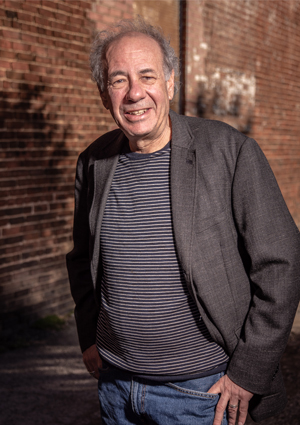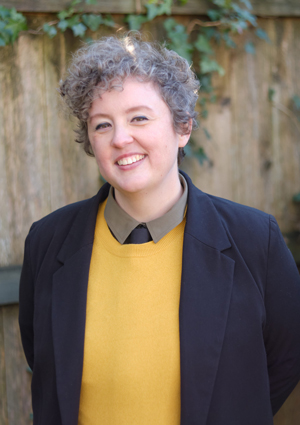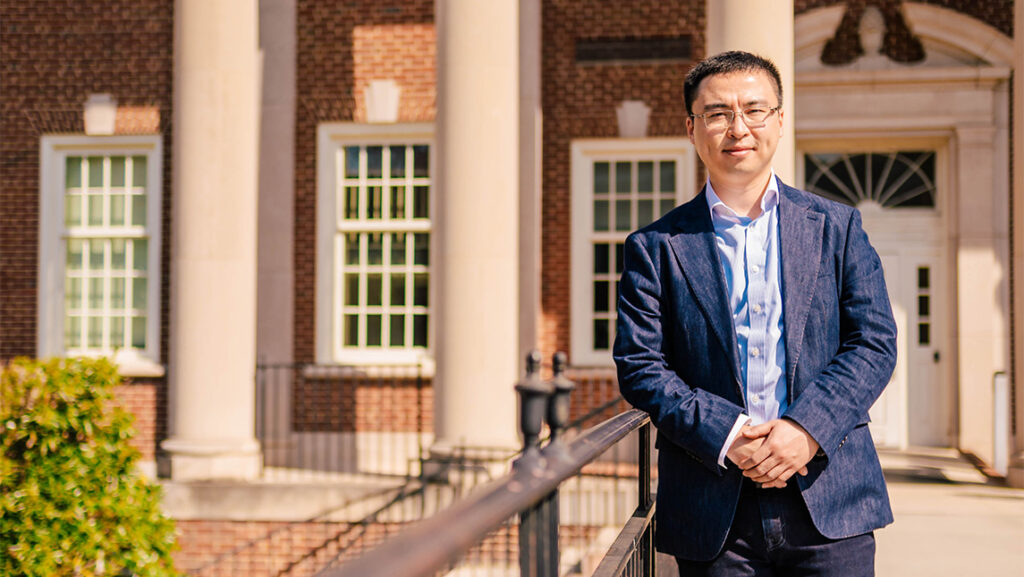
UNC Greensboro has always been a home and incubator for poets and writers, through the MFA Program in Creative Writing and the surrounding literary community.
Because it’s April and the 25th anniversary of National Poetry Month, faculty poets Stuart Dischell and Emilia Phillips offered a few words about how poetry is relevant and necessary right now.

“Poetry is and always has been a way of telling the world and oneself what it means to be alive. From the first sound uttered that signified an image, act, or gesture to the last sigh of earthly existence, poetry has always been and will remain the vehicle for human expression.
People need poetry now for the same reasons they always have: sound, pleasure, wisdom, imagination. But maybe most of all, a momentary respite from loneliness and chaos in that chance meeting between writer and reader.”
‒ UNCG English professor Stuart Dischell, the author of “Good Hope Road,” a National Poetry Series Selection, “Evenings & Avenues,” “Dig Safe,” “Backwards Days” and “Children With Enemies.” Dischell has been featured in UNCG Research and recognized at UNCG with the Senior Excellence Award.

“Poets are always asked to justify why poetry is important, to prove its signs of life. As if it were inert, a ‘dead’ art! We must remember no culture on Earth is without a poetic tradition, without poetry – it’s this fact to which I keep returning whenever I’m asked about poetry’s relevance and importance.
It’s always been relevant, always been important to those who read (or listen) to it. Why is that? I think it’s that poetry, more than any other form of art, thrives at the intersection between fact and imagination, witness and artistry.
Through a poem’s sound, for instance, one might approximate an embodied experience, e.g. the speed at which the poet dissociates from their body while just trying to keep up with their daily routines as the murders of Black people at the hands of police overwhelm the news, as in Morgan Parker’s ‘If You Are Over Staying Woke.’)
Through a poem’s alternate reality, we better understand our own, as in Ilya Kaminsky’s ‘We Lived Happily During the War,’ which begins:
And when they bombed other people’s houses, we
protested
but not enough, we opposed them but not
enough.
Even here, we see that the line breaks in the poem do so much work to develop subtext, to acknowledge action and its not-enoughness.
Kaminsky decides to break the second line on ‘protested’ – just one word! – before the protests literally fall through, falling down into ‘but not enough.’ Poetry is an art that pits words’ meanings against their place on the page.
Poems make meaning through what they say, how what’s said sounds, and how what’s said appears on the page. They play to so many of our senses, to our whole bodies – the way music does, and yet we need no other instrument to play poems but ourselves.”
‒‒UNCG English professor Emilia Phillips, the author of “Embouchure: Poems,” “Empty Clip,” “Groundspeed,” and “Signaletics” from the University of Akron Press. Phillips recently completed a new collection of lyric memoirs called “Wound Revisions.” She is also in the initial stages of a digitization project that will feature contemporary poetry broadsides in an open access online gallery.
Interviews by Susan Kirby-Smith, University Communications
Photography by Martin W. Kane, University Communications, and Jessie Van Rheenen, Department of English


